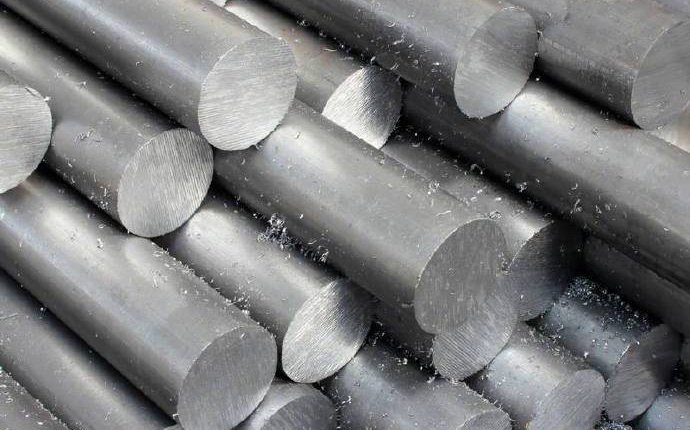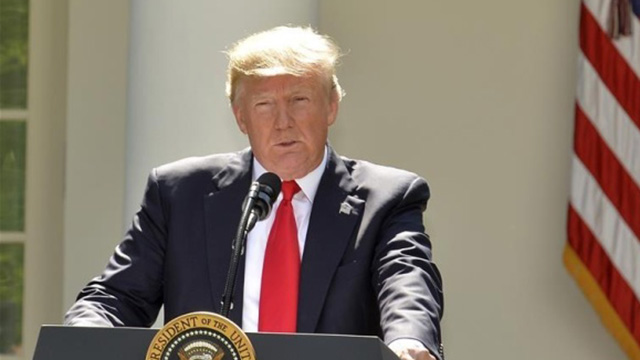On the 9th local time, US Commerce Secretary Howard Lutnick confirmed that US President Trump's promise to impose a 25% tariff on all US imported steel and aluminum will take effect as planned on March 12.
Previous report: The White House announced on February 10 that President Trump signed a document on the same day, announcing a 25% tariff on all US imported steel and aluminum. In addition, the latest measures also cancel the steel and aluminum duty-free quotas and exemption policies for some trading partners.
In addition, US President Trump said on March 7 that the US government may impose reciprocal tariffs on dairy products and timber imported from Canada. Trump told the media in the Oval Office of the White House that Canada has been "taking advantage of the United States" on dairy and timber tariffs for many years, which is "unfair." Unless Canada lowers its tariffs, the United States will impose reciprocal tariffs on it, and relevant measures may be introduced on the same day or a few days later.
Analysts believe that although the impact of the US tariffs on my country's direct steel and aluminum exports is relatively limited, the situation is different in terms of re-export trade, and its potential impact is more significant. Many domestic steel companies have built or are building factories in Southeast Asia. If these overseas factories export to the United States, they need to re-examine the risks and challenges brought by the US tariff policy and adjust relevant strategies.
Trump's move to increase tariffs is widely seen as a "replay" of the Sino-US trade friction in 2018. Although the US government defended its policy on the grounds of "protecting its own industry", allies such as the European Union, Japan and South Korea have repeatedly expressed dissatisfaction and protests.
Our company provides professional one-stop solutions for dangerous goods transportation.
Welcome to inquire.








